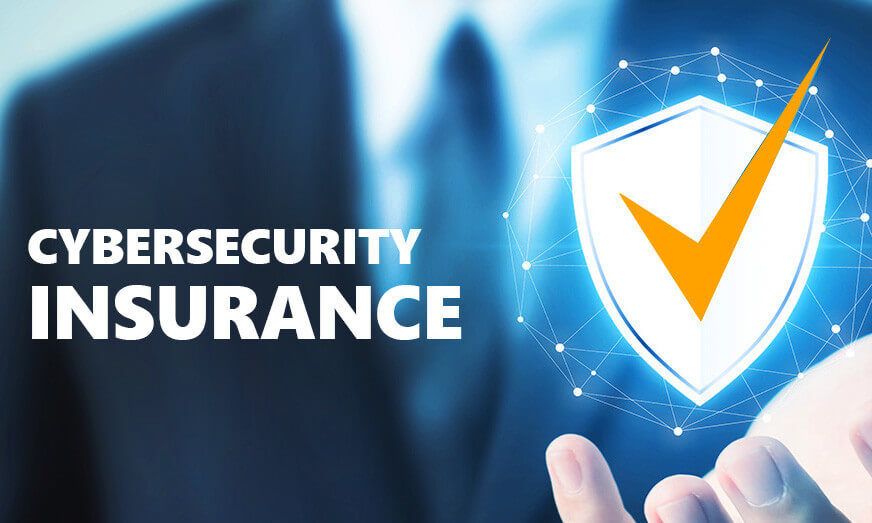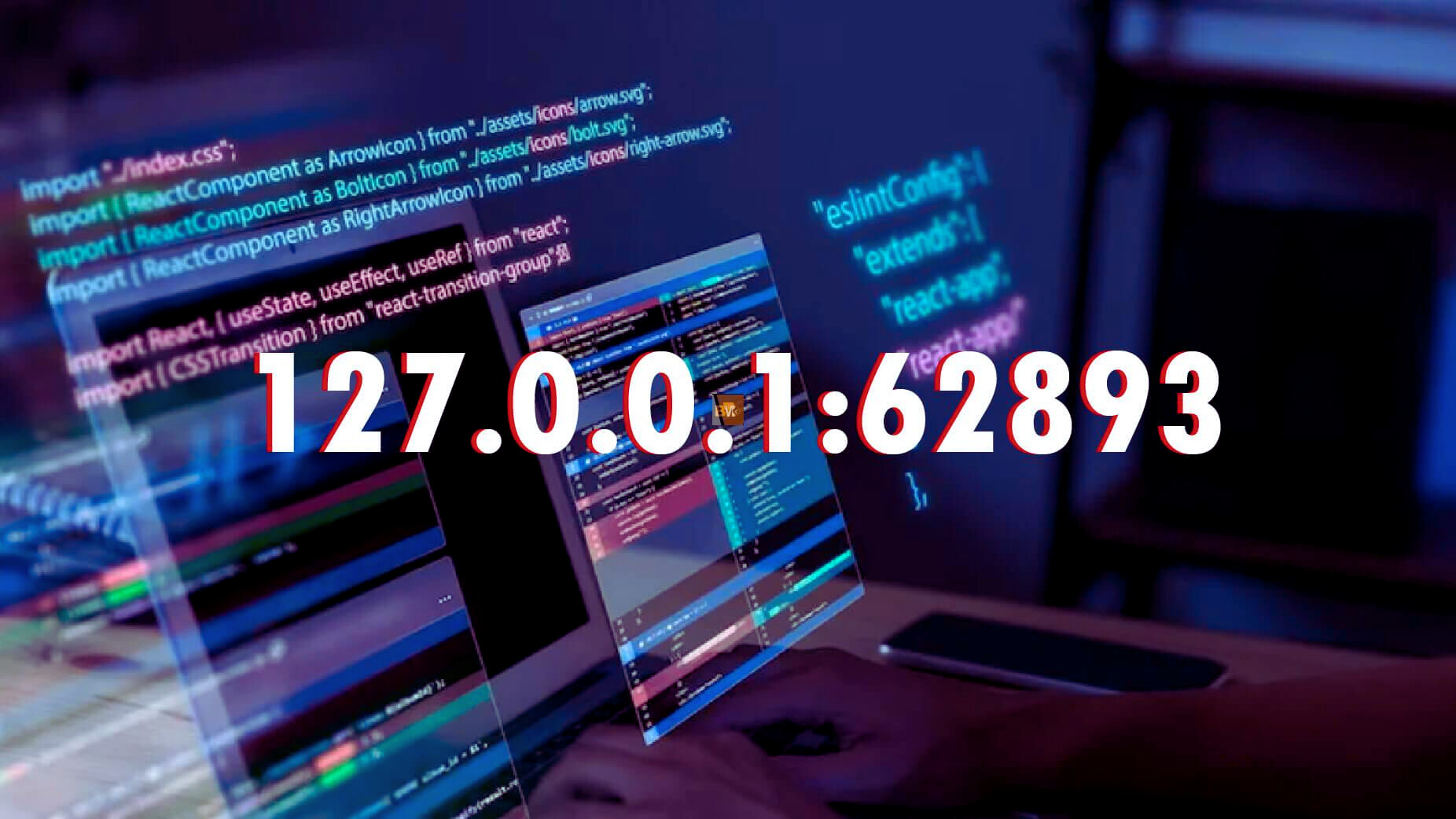In today’s digital world, nearly every aspect of our lives is online. From shopping to banking to socializing, we live in a connected world—and that comes with its own risks. One of the biggest concerns today is the rise in cyber attacks, which have made cybersecurity a critical priority for individuals, businesses, and organizations. Enter KuV24-cyber and cyber insurance solutions, designed to provide a safety net against the financial impact of these attacks. But why is it so important? And what exactly does cyber insurance cover?
Let’s explore the ins and outs of cyber insurance, focusing on the high risk of cyber attacks and the extensive coverage options available, including liability and own damage.
Introduction to Cyber Insurance
Cyber insurance is no longer just for large corporations—it’s become essential for businesses of all sizes and individuals alike. With the increase in digital dependency comes a higher risk of cyber attacks. Cyber insurance helps safeguard you or your business from financial loss resulting from data breaches, hacking, or even ransomware.
Understanding Cyber Attacks
So, what exactly are cyber attacks? In simple terms, they’re unauthorized attempts to access, damage, or disrupt your computer systems or data. Imagine someone trying to break into your house to steal valuables; only, in this case, they’re targeting your online data. These attacks can range from viruses that corrupt data to phishing scams that steal personal information. Cyber threats are evolving every day, making cybersecurity an essential part of our lives.
Why Cyber Insurance is Essential
With every online interaction comes a risk. Businesses, especially those handling sensitive data, face significant potential losses from cyber attacks. Cyber insurance provides an extra layer of security by covering financial losses and helping you recover from the impact of an attack. Think of it as a safety net, ensuring that even if something goes wrong, you’re not left bearing the full burden alone.
Types of Coverage in Cyber Insurance
When it comes to cyber insurance, there isn’t a one-size-fits-all policy. Coverage is usually split into different types to offer tailored protection. Key types of coverage include:
- Liability Coverage
- Own Damage Protection
Each has its specific role, making sure you’re protected from various angles. Let’s dive into each type to see why it’s valuable.
Liability Coverage Explained
Liability coverage is a core part of cyber insurance. This coverage kicks in when a cyber attack affects third parties due to a breach in your system. For instance, if your customer’s data gets compromised, you could face legal fees, penalties, or even claims from those affected. Liability coverage helps handle these expenses, offering peace of mind and a financial buffer. It’s like having an insurance policy for your digital interactions.
Own Damage Protection
Own damage protection focuses on covering the damages to your own systems and data. If a virus wipes out crucial files or a hacker locks you out of your database, own damage protection can cover the costs of restoring, repairing, or replacing the affected components. This coverage is essential for business continuity, as it helps you quickly recover and get back on track without facing significant out-of-pocket expenses.
How KuV24-cyber Supports Your Needs
KuV24-cyber stands out in the cyber insurance landscape by providing a wide range of options that cater to different needs. Whether you’re an individual seeking basic coverage or a business looking for robust protection, KuV24-cyber offers plans that are both comprehensive and customizable. Their focus on both liability and own damage coverage ensures you’re protected from various types of risks, making them a valuable choice in the cyber insurance market.
Choosing the Right Cyber Insurance
Choosing the right policy depends on your needs. For individuals, a policy with basic liability might be enough. However, businesses with sensitive customer information or complex digital infrastructure may need comprehensive coverage that includes both liability and own damage protection. Always assess your risks, review the policy options, and consult with experts if needed.
Steps to File a Cyber Insurance Claim
Filing a claim can feel overwhelming, especially after experiencing a cyber attack. Here are some essential steps:
- Report the Incident: Contact your insurer immediately.
- Document the Damage: Gather evidence of the attack and any damages.
- Submit Your Claim: Fill out the necessary forms, providing all required details.
- Work with Adjusters: Your insurer may send an adjuster to assess the situation.
- Receive Compensation: After approval, you’ll receive the financial support you need.
Being prepared and following these steps can speed up the process, helping you recover faster.
The Future of Cyber Insurance
As cyber attacks continue to evolve, so too will the insurance industry. Insurers are constantly developing new ways to address emerging threats, making policies more adaptable and coverage more comprehensive. For consumers, this means improved options for cyber security and a growing emphasis on preventative measures. Cyber insurance is likely to become as common as health or car insurance in the years to come.
Conclusion
In our digital age, protecting against cyber attacks is as crucial as locking your doors at night. Cyber insurance, with options like liability and own damage coverage, offers essential protection against the financial fallout of a cyber attack. Whether you’re an individual or a business, investing in a robust cyber insurance policy can provide peace of mind and a safety net for unexpected cyber events. With KuV24-cyber, you can feel more secure knowing that your digital world is protected.
Frequently Asked Questions (FAQs)
1. What does cyber insurance cover?
Cyber insurance typically covers financial losses from cyber attacks, including data breaches, ransomware, and hacking. Coverage may include liability and own damage.
2. Who should consider getting cyber insurance?
Anyone with a digital presence, from individuals to large corporations, can benefit from cyber insurance, especially those handling sensitive data.
3. How much does cyber insurance cost?
The cost depends on factors like coverage type, business size, and industry. Generally, higher coverage options may lead to higher premiums.
4. How is liability coverage different from own damage protection?
Liability coverage addresses third-party damages, like customer data breaches, while own damage protection covers your own system or data loss.
5. What makes KuV24-cyber unique?
KuV24-cyber offers a range of customizable plans, focusing on both liability and own damage coverage, making it a versatile choice for cyber insurance.









